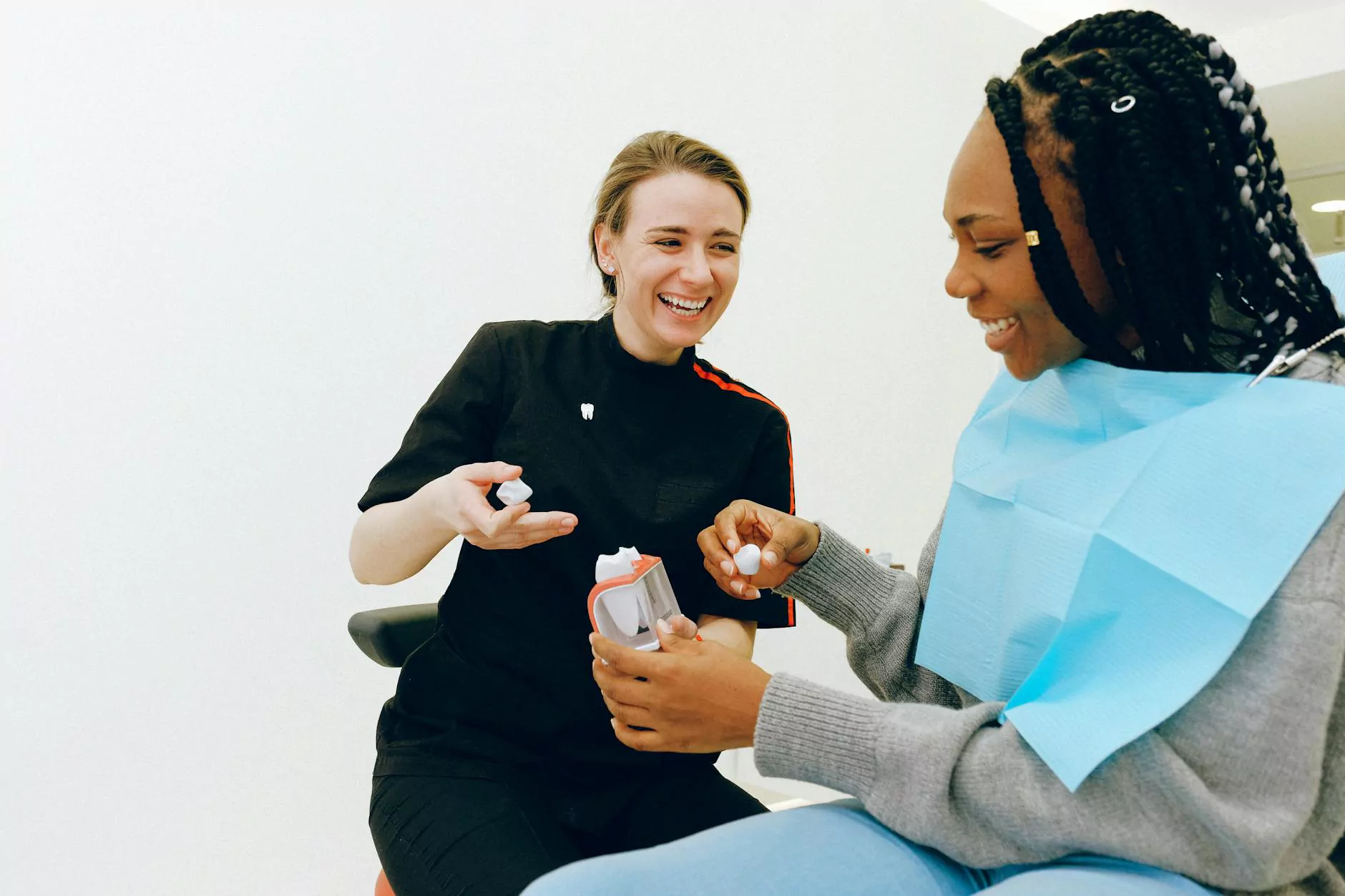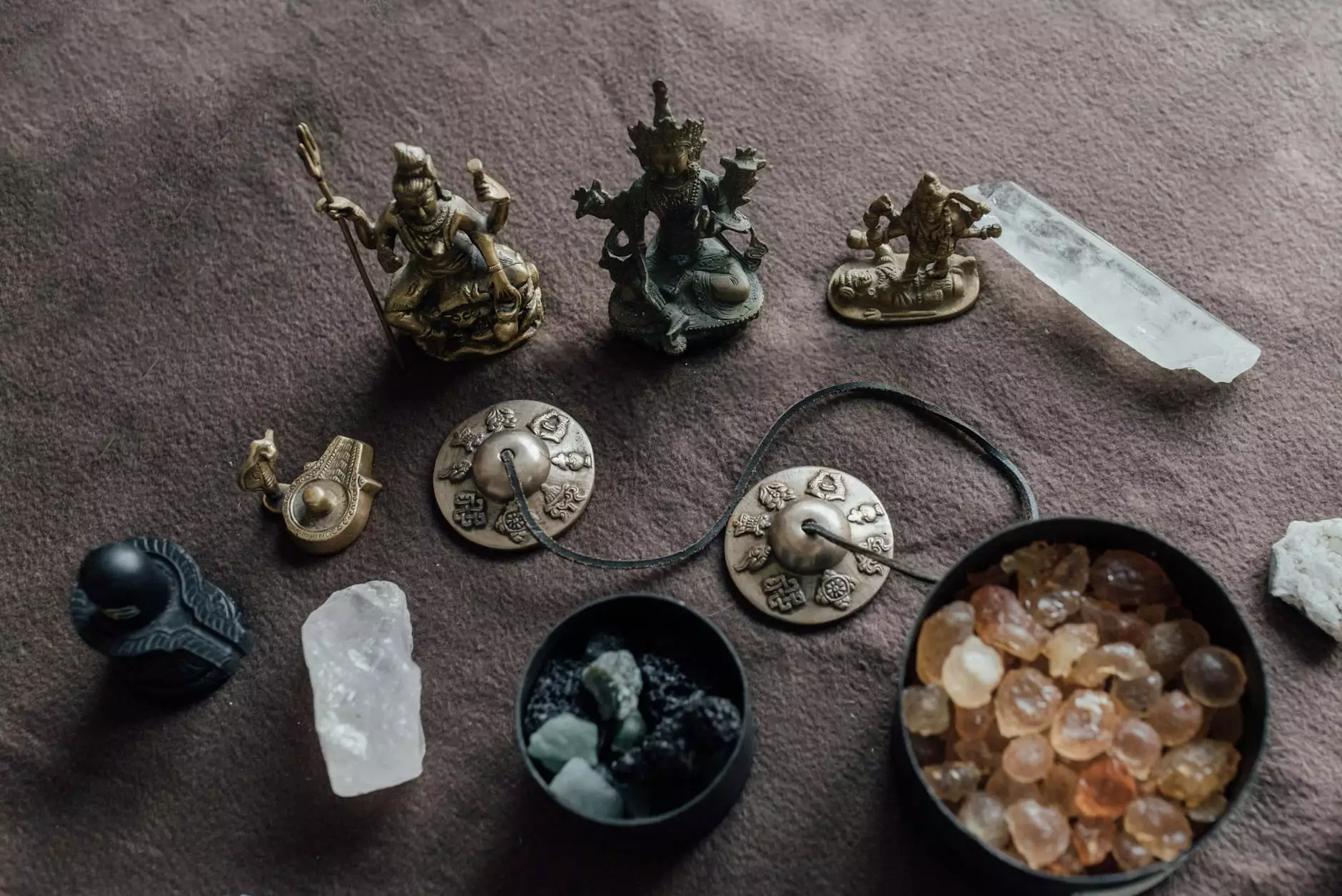Understanding Zirconia Dental Crowns: A Comprehensive Guide for Patients and Professionals

Zirconia dental crowns have become one of the most popular choices in restorative dentistry due to their remarkable durability, aesthetic appeal, and biocompatibility. In this article, we will delve deep into the characteristics of zirconia crowns, their applications, benefits, and why they are increasingly favored by both dentists and patients alike.
What are Zirconia Dental Crowns?
A zirconia dental crown is a type of dental restoration that is made from zirconium dioxide, a highly durable ceramic material. These crowns are used to cover damaged teeth, restore their shape, size, strength, and improve their appearance. Zirconia crowns are known for their strength and are often recommended for patients requiring long-lasting dental restorations.
Composition and Properties of Zirconia
Zirconium dioxide (ZrO2), commonly referred to as zirconia, possesses unique properties that make it an exceptional material for dental crowns:
- High Strength: Zirconia crowns are incredibly strong and can withstand significant chewing pressures, making them ideal for both anterior and posterior teeth.
- Superior Aesthetics: The natural translucency of zirconia closely mimics the appearance of natural teeth, providing an aesthetically pleasing result.
- Biocompatibility: Zirconia is highly biocompatible, meaning it is well-tolerated by the body and has a low risk of causing allergic reactions.
- Resistance to Abrasion: Compared to other materials, zirconia crowns are resistant to wear and tear, enhancing their longevity.
Benefits of Choosing Zirconia Dental Crowns
When it comes to dental restoration, choosing a zirconia dental crown offers numerous advantages:
1. Durability
Zirconia is one of the strongest materials available for dental crowns, making it an excellent choice for patients who grind their teeth or have heavy bite forces. Its strength ensures that the crown can withstand daily use without cracking or breaking.
2. Aesthetic Appeal
The natural tooth-like characteristics of zirconia crowns make them an attractive option for visible teeth. Their ability to reflect light like natural enamel enhances their cosmetic appeal.
3. Minimal Tooth Reduction
Unlike traditional crowns that require significant tooth reduction, zirconia crowns often need less preparation and tooth structure removal. This conservative approach helps preserve more of the natural tooth.
4. No Metal Allergy Issues
For patients concerned about allergies to metal restorations or those who prefer a metal-free solution, zirconia crowns provide a perfect alternative.
5. Versatile Applications
Zirconia crowns can be used in various scenarios, including:
- After root canal treatment to restore the tooth.
- For severely decayed or broken teeth.
- As part of a dental implant restoration.
- To improve the appearance of discolored teeth.
How are Zirconia Dental Crowns Made?
The process of creating a zirconia dental crown involves several crucial steps to ensure a precise fit and optimal aesthetics:
1. Initial Consultation and Examination
The journey begins with a consultation with your dentist, who will evaluate your dental health and recommend a crown if necessary.
2. Tooth Preparation
Once the decision is made to proceed with a zirconia crown, the tooth is prepared by removing any decay and shaping it to accommodate the crown comfortably.
3. Impressions or Scanning
Your dentist will take impressions of your teeth or use a digital scanner to create a 3D model, which helps in crafting a custom-fit crown.
4. Fabrication of the Crown
Using advanced CAD/CAM technology, the zirconia crown is milled from a solid block of zirconia, ensuring precision in fit and aesthetics.
5. Final Fitting and Cementation
After the crown is created, your dentist will verify its fit and make any necessary adjustments before permanently cementing it onto the prepared tooth.
Caring for Your Zirconia Dental Crown
Maintaining your zirconia dental crown is crucial for longevity and health:
1. Maintain Good Oral Hygiene
Brush twice daily and floss around the crown to prevent plaque buildup and maintain gum health.
2. Regular Dental Checkups
Regular visits to your dentist ensure that any potential issues are addressed promptly, and your crown remains in optimal condition.
3. Avoid Hard Foods
While zirconia crowns are strong, it is advisable to avoid biting directly into hard foods like nuts or ice to prevent any undue stress.
4. Wear a Nightguard if Necessary
If you grind your teeth at night, wearing a nightguard can protect your dental crowns from unnecessary wear.
Potential Drawbacks of Zirconia Crowns
While zirconia crowns are advantageous, there are some considerations to keep in mind:
1. Initial Cost
The cost of zirconia dental crowns can be higher than that of metal crowns due to the materials and technology used in their fabrication. However, their longevity can make them more economical over time.
2. Translucency
While zirconia is aesthetically pleasing, some practitioners note that the translucency may not match that of natural dentin perfectly, especially for anterior restorations.
3. Technical Expertise Required
The process of creating and placing zirconia crowns requires a skilled technician and dentist, which can influence the outcome if not executed properly.
Conclusion
In summary, zirconia dental crowns offer a robust solution for patients seeking restoration for damaged teeth, combining strength with aesthetics. It is essential to consult with a dental professional who can guide you through the process, ensuring that zirconia crowns meet your individual needs.
Whether you are facing tooth loss due to decay or injury, zirconia crowns stand out as a premier choice for restoring functionality while enhancing your smile. Choose wisely, and prioritize dental health by considering the advantages of this remarkable dental technology.









